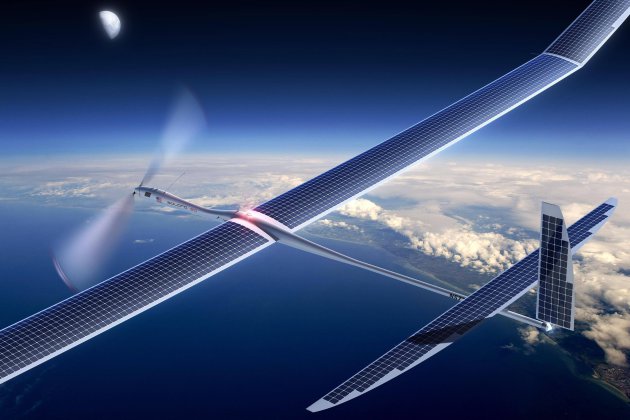
What comes to mind when someone talks about advances in aviation? Is it jet-powered backpacks, flying taxis or perhaps the latest futuristic jumbo jet concept?
Such inventions are quick to hit the headlines whenever they pop up, though most of them remain fantasies. However, tech innovations transforming the aviation industry remain discreet, and most people hardly notice them. Here are various tech innovations that could shape the aviation industry in 2019.
Top Innovations That Could Shape The Aviation Industry
Green Power
With air travel accounting for up to 9% of all human-made greenhouse gasses, it’s crucial for the world to find a sustainable way to ferry people by air. Electric powered flight is one of the most exciting solutions out there. The concept seeks to replace noisy, gas-guzzling engines with clean, quiet motors.
Photon-powered planes like the solar impulse have been promising, but the concept remains too rudimentary to be feasible in the short term. Currently, battery-powered aircraft are more realistic. In 2017, a company known as Zanum Aero unveiled a battery-powered commercial jet concept that was backed by both JetBlue Ventures and Boeing. They expect to have a working hybrid prototype by next year.
In the meanwhile, another conservative solution in the industry’s carbon conundrum is the use of bio-fuel on commercial jets. Last month, Boeing started offering airlines the opportunity to power their new commercial jets with bio-fuel in a bid to cut emissions up to 80%.
In-flight Apps
As smartphones have become very common across the globe, more uses continue to pop up every day. To some, it’s a doorway to great entertainment at the Betway online casino Kenya, while others see it as a convenient means of communication. Airplane manufacturers and operators are also adapting smartphones through in-flight, something that once seemed as impractical.
In 2016, Boeing announced trials for an app known as vCabin, an application seeking to revolutionize how passengers interact with their surroundings. When it becomes fully feasible, the app will allow the passengers to have control over personal lighting, order food and drinks, as well as check if the toilet is vacant through the smartphone. Meanwhile, Betway has a simple betting app that allows you to place wagers on various markets and also check running bets.
Smart Materials
Though new airplanes are emerging rapidly, nothing can stop innovation with the classic models. The move towards smart materials is one of the most interesting trends in the industry. It has the potential to boost aerodynamics, increase speed and cut down fuel consumption while giving the planes stronger and lighter bodywork.
Graphene is one of the best examples of such concepts. This super metal was discovered in 2004 at the University of Manchester when two scientists isolated an atom by peeling away graphite layers. This Nobel prize-winning innovation can be used to prevent the plane from taking water, something currently tasked to heavier fiber resins and carbon fiber. Last year, Aerospace engineers from the UK unveiled the world’s first graphene aircraft known as Juno.
Conclusion
With passengers now looking beyond the price of a flight, airplane manufacturers and operators are investing heavily on efficient cutting edge technologies. These tech innovations could shape the future of air travel.






